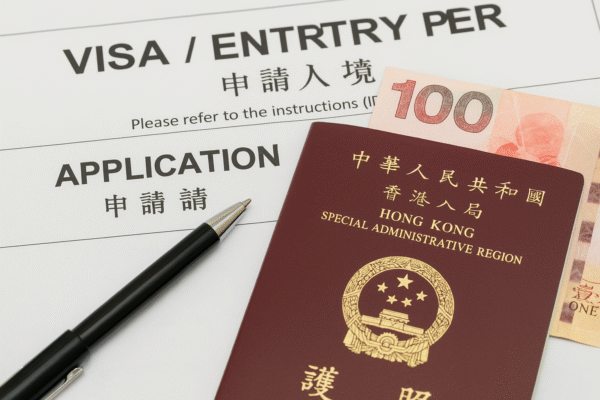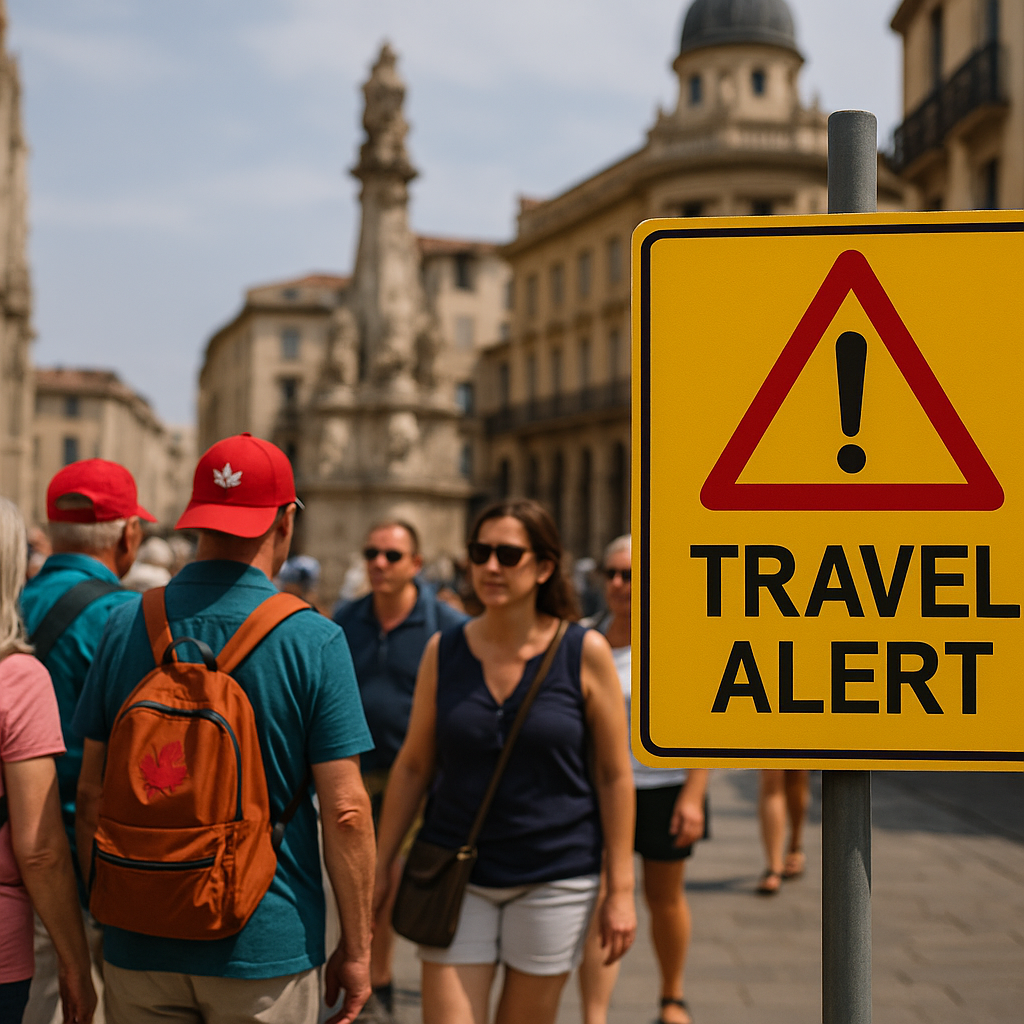Canada Adds Italy and More to 2025 Travel Advisory List Amid Safety, Crime, and Infrastructure Concerns
As Canadians plan their summer holidays in 2025, a wave of travel advisories from the Government of Canada has placed a spotlight on popular international destinations including Italy, Mexico, France, Spain, the United Kingdom, and several Caribbean nations. These advisories, while not travel bans, are issued to ensure travelers stay alert, informed, and prepared for varying risks across each destination.
The updated alerts—published via travel.gc.ca—cover safety concerns such as terrorism threats, petty crime, infrastructure disruptions, and entry requirements. While Canadians are still encouraged to travel, these warnings provide context to mitigate risk, especially in areas prone to scams, theft, or instability.
Italy Now Included in 2025 Advisory List
Newly added to the advisory list, Italy—a Canadian tourist favorite—has drawn attention for safety issues tied to the upcoming 2025 Jubilee Year in Rome, expected to draw millions of pilgrims and visitors. The Canadian government warns of heightened terrorism risk, particularly around large religious gatherings, transit hubs, and tourist-packed landmarks such as the Vatican, Colosseum, and Florence’s Duomo.
Canada’s advisory also highlights rising street-level crime in major cities, including Naples, Milan, and Venice. Tourists are urged to beware of organized pickpocket groups, especially in public transportation, markets, and cafes. Vehicle break-ins—particularly rental cars parked near tourist sites—have also surged, prompting further caution.
France and Spain: Heightened Terrorism Risk and Street Crime
France remains under “Vigipirate”, the nation’s top-level terrorism alert system, as part of Opération Sentinelle, which deploys soldiers in crowded locations. Canadian officials caution travelers about attacks targeting schools, religious institutions, public events, and transport networks. Paris landmarks including the Eiffel Tower and Louvre are listed as high-risk areas for pickpocketing and scam operations.
Spain faces similar concerns. Popular areas like Barcelona’s Las Ramblas and Madrid’s Sol district are heavily patrolled but remain hotspots for theft and passport scams. Canadian authorities specifically advise travelers to avoid carrying original travel documents in crowded areas, and instead carry photocopies in secure bags.
UK: Continued Vigilance Advised in Urban Areas
The United Kingdom, while a prime destination for Canadian tourists, is under a general terrorism warning, especially in London, Manchester, and Glasgow. The Canadian advisory warns of possible attacks involving knives, vehicles, or improvised explosives, often in public spaces like shopping malls and transport stations.
Tourists are also urged to protect belongings on the London Underground, where distraction techniques are commonly used in theft. In restaurants and pubs, purses and phones left on tables are frequent targets.
Mexico: Resort Zones Not Immune to Crime
Although Mexico remains among the top overseas destinations for Canadian travelers, its advisory remains severe. High-risk regions including Sinaloa, Guerrero, and Michoacán carry “Avoid non-essential travel” warnings due to drug cartel activity, kidnappings, and violent clashes with law enforcement.
Even tourist hubs like Cancún, Playa del Carmen, and Tulum face risks from scams, police impersonators, and petty crime. The government urges Canadian visitors to use air travel instead of road transit where possible and to stay in regulated accommodations within secure zones.
Caribbean Destinations Under Watch
Several Caribbean nations are included in Canada’s 2025 alert update, highlighting growing crime and infrastructure issues.
- Jamaica: Tourists are warned about violent gang activity, particularly in Kingston, Montego Bay, and Spanish Town. Some areas have declared states of emergency, empowering law enforcement with stop-and-search authority. Travelers are advised to stay within resorts and avoid using public transport alone.
- Bahamas: Though known for its upscale beaches, Nassau and Freeport have reported rising rates of armed robberies and gang-related incidents. Tourists are advised to be especially cautious at night and avoid isolated areas.
- Cuba: Infrastructure breakdowns have worsened in 2025. Travelers are experiencing frequent blackouts, fuel shortages, and limited access to bottled water and medications. The advisory also outlines entry requirement changes effective from July 1, 2025, urging Canadians to confirm health and visa protocols before arrival.
- Dominican Republic: Security incidents, especially outside resort zones, remain common. The advisory points to drive-by robberies, hotel room thefts, and assaults, sometimes occurring even near airports. The Haiti borderregion is considered unsafe, and Canadians are advised not to travel near it.
Safety Tips for Canadian Travelers in 2025
In light of these expanded advisories, Canadian travelers are encouraged to take several key precautions before embarking on international travel this year:
- Check up-to-date advisories on Canada’s official travel website: travel.gc.ca
- Register with the Registration of Canadians Abroad to receive emergency alerts
- Purchase travel insurance covering medical care, theft, evacuation, and trip interruptions
- Carry photocopies of passports, and use concealed anti-theft bags
- Avoid traveling alone at night, especially in high-risk urban zones
- Download offline maps, embassy contact numbers, and health documents
Final Outlook: Stay Informed, Not Alarmed
The goal of Canada’s 2025 travel alerts is not to discourage exploration but to empower travelers with knowledge. While these destinations remain stunning, vibrant, and culturally rich, travelers must acknowledge that global security dynamics and infrastructure reliability vary widely.
Whether visiting the sun-drenched Amalfi Coast, walking the Gothic Quarter in Barcelona, or relaxing on a Caribbean beach, Canadians can still enjoy enriching experiences by planning carefully, staying aware, and following official guidance.
As global travel rebounds post-pandemic and geopolitical tensions persist, such advisories are an essential tool in ensuring safer, smarter travel. The message from Canada is clear: Travel boldly, but wisely.
For more travel news like this, keep reading Global Travel Wire

















